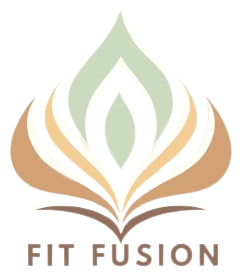Cramping in early pregnancy: causes, symptoms and solutions
Introduction
Pregnancy is a wonderful experience, but many physical changes occur in its early days, among which cramping is common. This cramping can be mild and is often felt in the first trimester. However, it can also be a sign of a serious problem, so it is important to know about its causes and treatment.
In this article, we will discuss the main causes, symptoms and ways to deal with cramping in the first stage of pregnancy.
Causes of cramping in early pregnancy
1. Uterus Expansion
As the uterus grows, it puts pressure on the surrounding muscles and ligaments, which may cause mild cramping.
2. Implantation Cramping
About 6-12 days after conception, the fertilized egg sticks to the uterine wall, which can cause mild cramping.
3. Hormonal Changes
Due to increased levels of progesterone and other hormones, digestion slows down, which can cause gas, bloating and cramps.
4.Round Ligament Pain
During pregnancy, ligaments stretch, which can cause mild pain or cramping in the lower abdomen.
5. Gas and Constipation
Due to slow digestion, the problem of gas and constipation can increase, which causes cramping.
6. Intercourse
After having sex during pregnancy, there may be mild contraction in the uterus, which can cause cramping.
Common symptoms of pregnancy cramps
. Feeling of mild pulling or pressure in the lower abdomen or back.
. Mild menstrual-like cramps, which subside within a few minutes or hours.
. Fatigue and mild swelling in the body.
Serious symptoms (when to contact a doctor)
If the following symptoms are also seen along with the cramps, contact the doctor immediately:
✅ Heavy bleeding or spotting
✅ Severe pain that is gradually increasing
✅ Feeling dizzy or faint
✅ Severe abdominal pain that does not go away even after resting
Home remedies to relieve cramps
1. Rest and change your position
If you feel pain, rest by lying down or change your sitting position.
2.Use a warm compress
Take a bath with lukewarm water or place a hot water bottle on the lower abdomen.
3. Drink enough water
Dehydration in the body can also cause cramps, so drink enough water throughout the day.
4. Do gentle exercise
Yoga, pregnancy Pilates, or walking can help improve digestion and relax muscles.
5. Avoid gas and constipation
Eat a diet rich in fiber, such as green vegetables, fruits, and whole grains, to help with digestion.
6. Try deep breathing techniques
Breathe in and out slowly to ease cramps and relax muscles.

